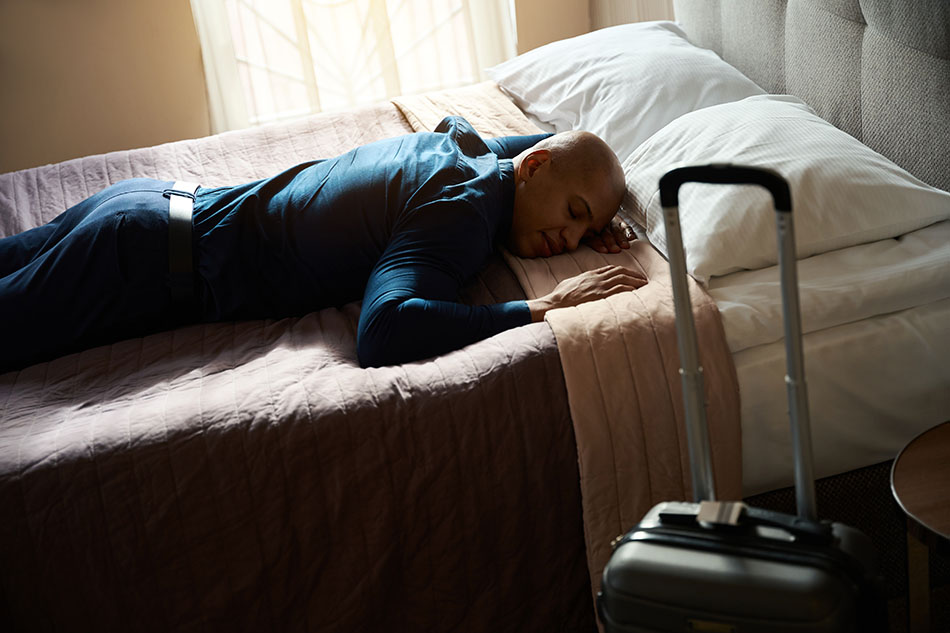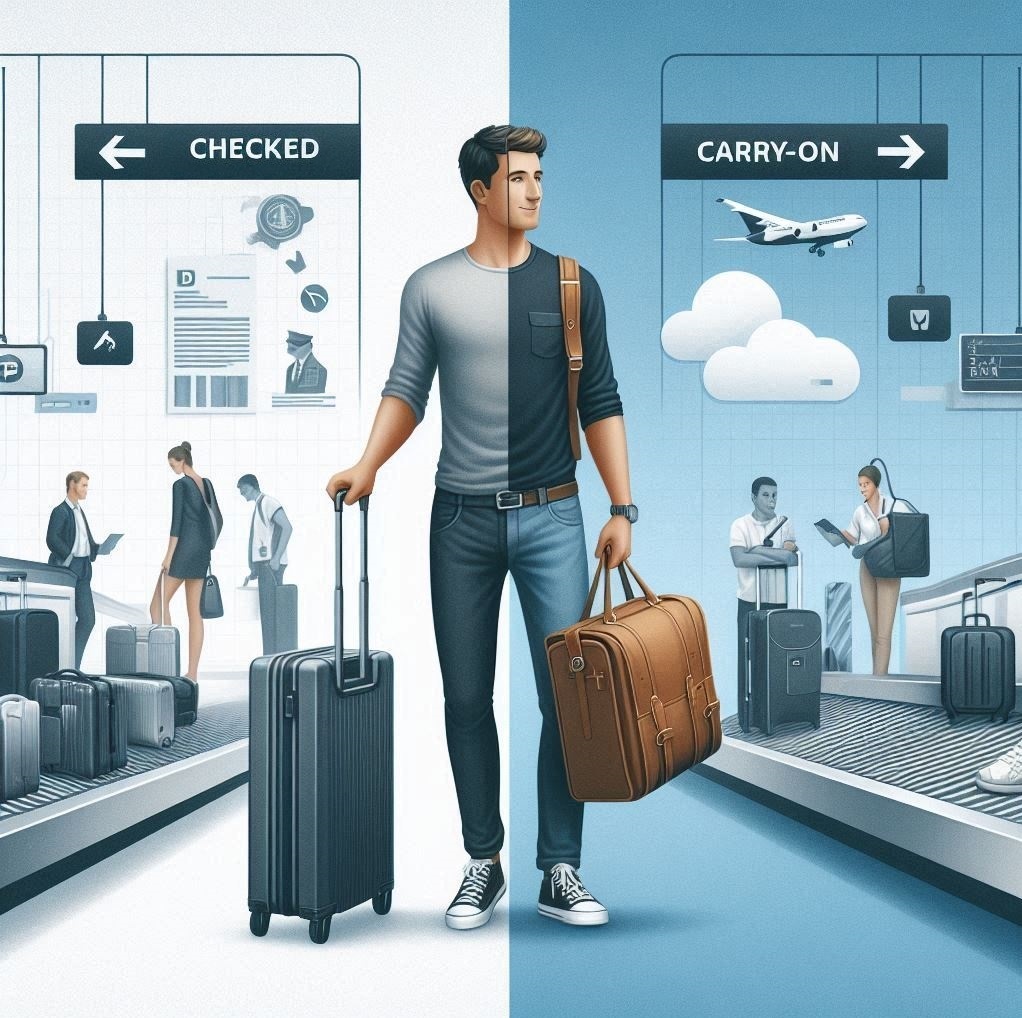How Cabin Crew Can Overcome Jet Lag and Sleep Disruptions
Jet lag and sleep disruptions are common challenges for cabin crew members who frequently travel across multiple time zones. The irregular schedules, long-haul flights, and shifting time zones can disrupt the body’s internal clock, leading to fatigue, insomnia, and reduced performance. However, by implementing effective strategies, cabin crew can minimize the effects of jet lag and maintain optimal well-being. Here’s a comprehensive guide on overcoming jet lag and sleep disturbances, specially tailored for aviation professionals.
Understanding Jet Lag and Its Effects
Jet lag occurs when the body’s circadian rhythm—its internal clock—is thrown off balance due to rapid travel across different time zones. Symptoms can include fatigue, difficulty concentrating, mood changes, digestive issues, and disrupted sleep patterns. Since cabin crew members experience frequent schedule changes and varying time zones, managing these disruptions effectively is crucial.
Tips for Preventing and Managing Jet Lag
1. Adjust Your Schedule Before the Flight
One of the best ways to reduce the impact of jet lag is to gradually adjust your schedule before departure. If you’re flying east, try going to bed earlier a few nights before your trip. If heading west, stay up a little later than usual. This gradual shift will help your body adapt to the new time zone more smoothly.
2. Stay Hydrated
Dehydration can worsen the effects of jet lag. Cabin air is dry, which can contribute to fatigue and headaches. Drinking plenty of water before, during, and after flights can help maintain hydration levels and reduce symptoms of jet lag. Avoid excessive caffeine and alcohol, as these can dehydrate you and interfere with sleep.
3. Optimize Your Sleep Environment
Quality sleep is essential for combating jet lag. Make your sleep environment as comfortable as possible by using an eye mask, noise-canceling earplugs, and a neck pillow. When staying in a hotel, ensure the room is cool, dark, and quiet to promote restful sleep.
4. Use Light Exposure to Reset Your Internal Clock
Exposure to natural light plays a crucial role in regulating the body’s internal clock. If you need to adjust to a new time zone quickly, spend time outdoors in daylight upon arrival. If traveling east, seek morning sunlight, while if heading west, try to get evening sunlight. If natural light is limited, using a light therapy box can be an effective alternative.
5. Take Strategic Naps
Napping can be helpful, but it’s important to do it strategically. Short naps of 20-30 minutes can help reduce fatigue without causing grogginess. Avoid long naps close to bedtime, as they can make it harder to fall asleep at night.
Nutrition and Diet Tips for Better Sleep
6. Eat Sleep-Friendly Foods
Certain foods can help regulate sleep patterns. Foods rich in magnesium (such as almonds, bananas, and spinach) and tryptophan (found in turkey, eggs, and dairy products) promote relaxation and better sleep. Avoid heavy meals, caffeine, and sugary snacks close to bedtime.
7. Follow a Consistent Eating Schedule
Eating at irregular times can disrupt your body’s rhythm. Try to align your meals with the destination’s local time as soon as possible. This helps your digestive system adapt and signals your body when it’s time to be awake or asleep.
Physical and Mental Well-Being
8. Exercise Regularly
Regular physical activity improves sleep quality and overall energy levels. Even light stretching or yoga in your hotel room can reduce muscle tension and improve circulation, helping your body recover faster from jet lag.
9. Manage Stress and Relaxation Techniques
Chronic stress can worsen sleep disruptions. Practices such as meditation, deep breathing exercises, and mindfulness can help cabin crew manage stress and improve relaxation. Listening to calming music or using guided sleep meditation apps can also promote better sleep.
Leveraging Technology to Combat Jet Lag
10. Use Sleep-Tracking Apps
Several mobile apps can help track your sleep patterns and suggest optimal sleeping times based on your flight schedule. Apps like Timeshifter and Sleep Cycle provide customized jet lag plans and reminders to maintain a healthy sleep routine.
11. Adjust Blue Light Exposure
Blue light from screens can interfere with melatonin production, making it harder to fall asleep. Reduce screen time at least an hour before bed or use blue light filter apps on your devices to minimize its effects.
Conclusion
Overcoming jet lag and sleep disruptions is essential for cabin crew members to stay healthy, alert, and perform their duties efficiently. By making small but effective lifestyle changes—such as adjusting sleep schedules, staying hydrated, eating well, and practicing relaxation techniques—cabin crew can significantly reduce the negative effects of frequent travel. Implementing these strategies will not only improve sleep quality but also enhance overall well-being and job performance.
For more expert tips on aviation health and well-being, visit AeroMentors.com.




